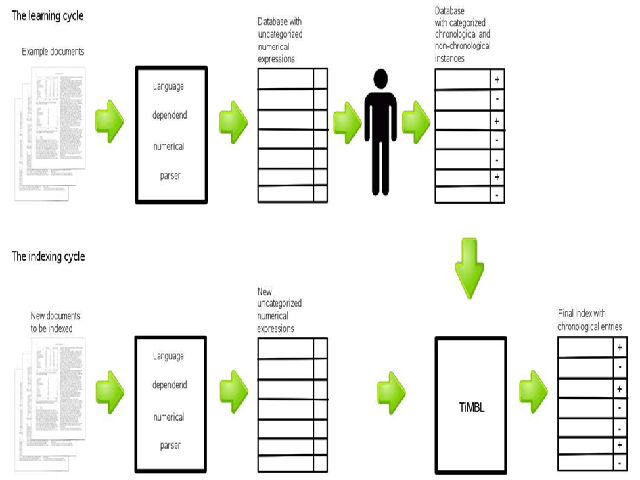Searching in Archaeological Texts. Problems and Solutions Using an Artificial Intelligence Approach
Keywords:
Archaeological texts, Artifi cial intelligence, Grey literature, Metadata, Namedentity recognitionAbstract
Searching in documents using full text indices is a powerful tool for retrieving relevant portions of text. However, performance is impeded by ambiguity in texts: similar words may have totally different meanings according to context. This also is true if the words are numbers, periods and place names, especially in archaeological and historical contexts. A new way of indexing texts allows for better and easier searching. This system has been developed in a collaboration between the RCE (The Dutch National Service for Cultural Heritage)1 and the University of Tilburg. With Open Boek,2 it is possible to search on chronological and geographical expressions, as well as regular keywords. In the newest version of Open Boek a number of additions to the system have been made to further improve the functionality.
Downloads




